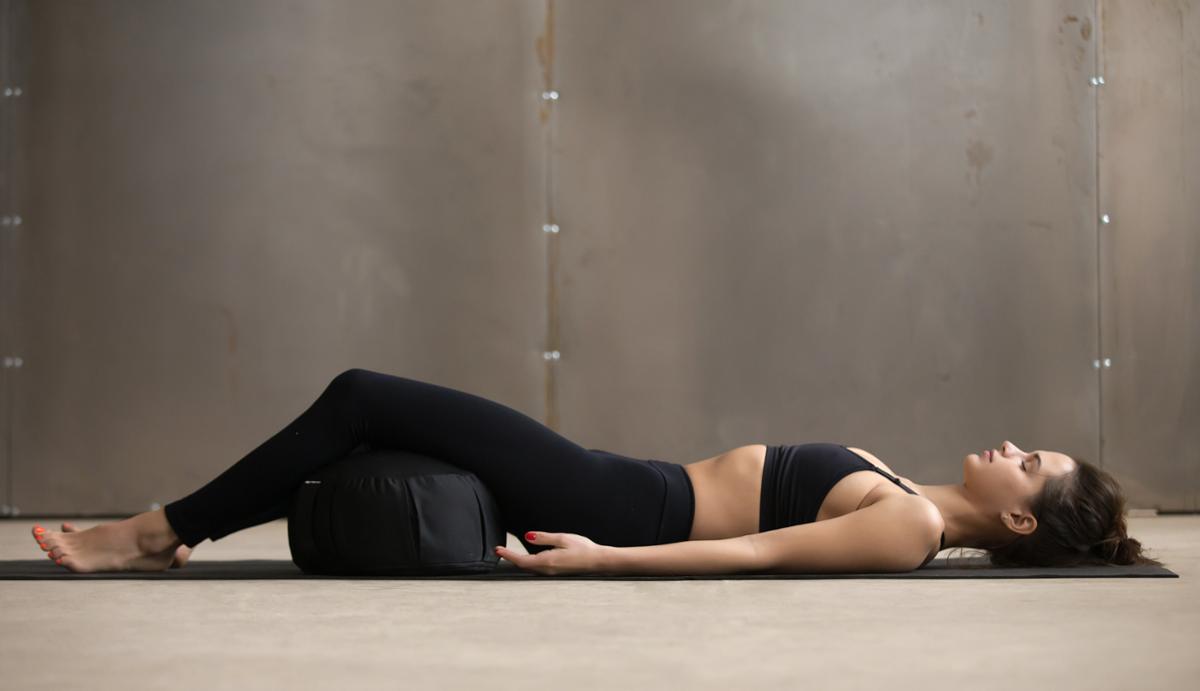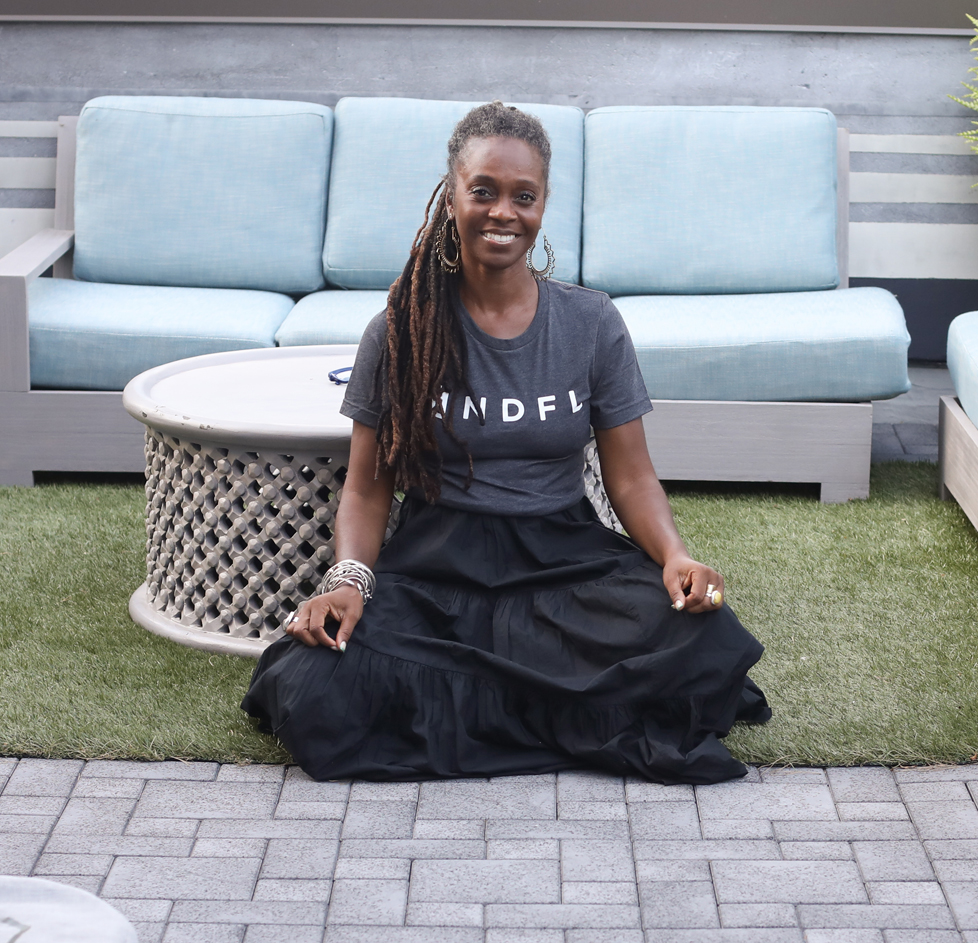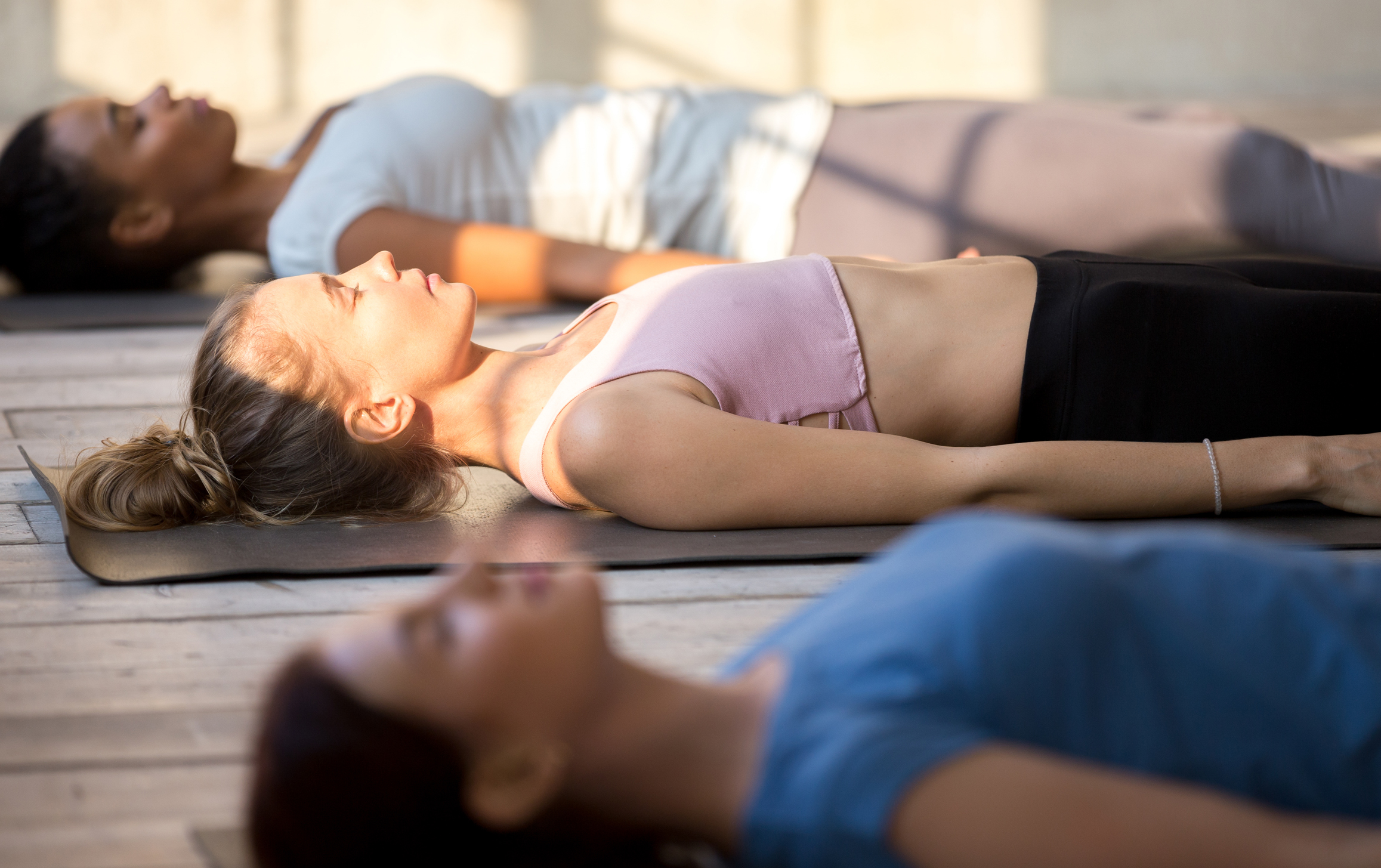Many of your members and staff will be suffering from the effects of stress, as global issues exacerbate their day-to-day difficulties and all but the most privileged feel the impact of inflation.
Untreated stress can manifest in physical ways, meaning that gaining mastery of the mind is crucial to coping with these troubling times, but while meditation apps boomed during the early parts of the pandemic, many people still find it hard to engage with this practice.
A UK study found that giving teenagers mindfulness lessons at school wasn’t an optimal use of time, as many found it boring, with few continuing the technique at home.
There’s an opportunity for health clubs to teach the foundations of meditation to give members the tools to continue the practice at home, as well as offering a space to sit with others, benefiting from the energy of the group and a safe space.
Many operators are already adding meditation and mindfulness to their offering.
Classes which introduce people to the concept of mindfulness can include a range of guided meditations to help people live in the moment and be still. Taking this route means connecting with members from a new vantage point, as the instructors’ role has traditionally been to pep members up and get them feeling energised, whereas this is all about slowing down.
Clubs tend to be stimulating environments, but creating a calm, serene space for mindfulness classes could attract a new clientele, as well as offering a welcome break for members who rush from appointment to appointment all day, then to the gym after work, and then back to domestic chores, not realising their nervous systems are overloaded and they’re on the brink of burnout.
Going with the flow
For some members, meditation and mindfulness might be a bit ‘woo woo’, but there are compelling reasons for all of us to develop a mindfulness practice, not just for mental resilience, but also to optimise athletic performance.
Several studies have shown that mindfulness helps people to get into Flow State by training them to be in the here and now, and not to act on critical thoughts which can cause performance to come crashing down.
During Flow, the prefrontal cortex of the brain – which is in charge of thinking and planning – becomes less active, in turn allowing the parts of the brain which are responsible for skills and focus to function better.
The upshot of this is that if your members get into Flow State while they’re working out, they’ll find the experience more enjoyable and will find it easier to meet their goals. This can lead them to achieving another optimal state: mastery.
Research on athletes across a range of sports has found that Flow occurs in five stages. It begins with an event, which provides the athlete with positive feedback and leads to an increase in confidence. This confidence boost pushes the athlete to set new challenges and move their performance up a notch.
This could yield great by-products for health clubs: members who are managing to achieve Flow State and mastery will enjoy their workouts more, feel motivated and will keep coming back.
On the following pages, HCM talks to operators who are delivering mindfulness programmes and classes to find out more about the benefits.


























































